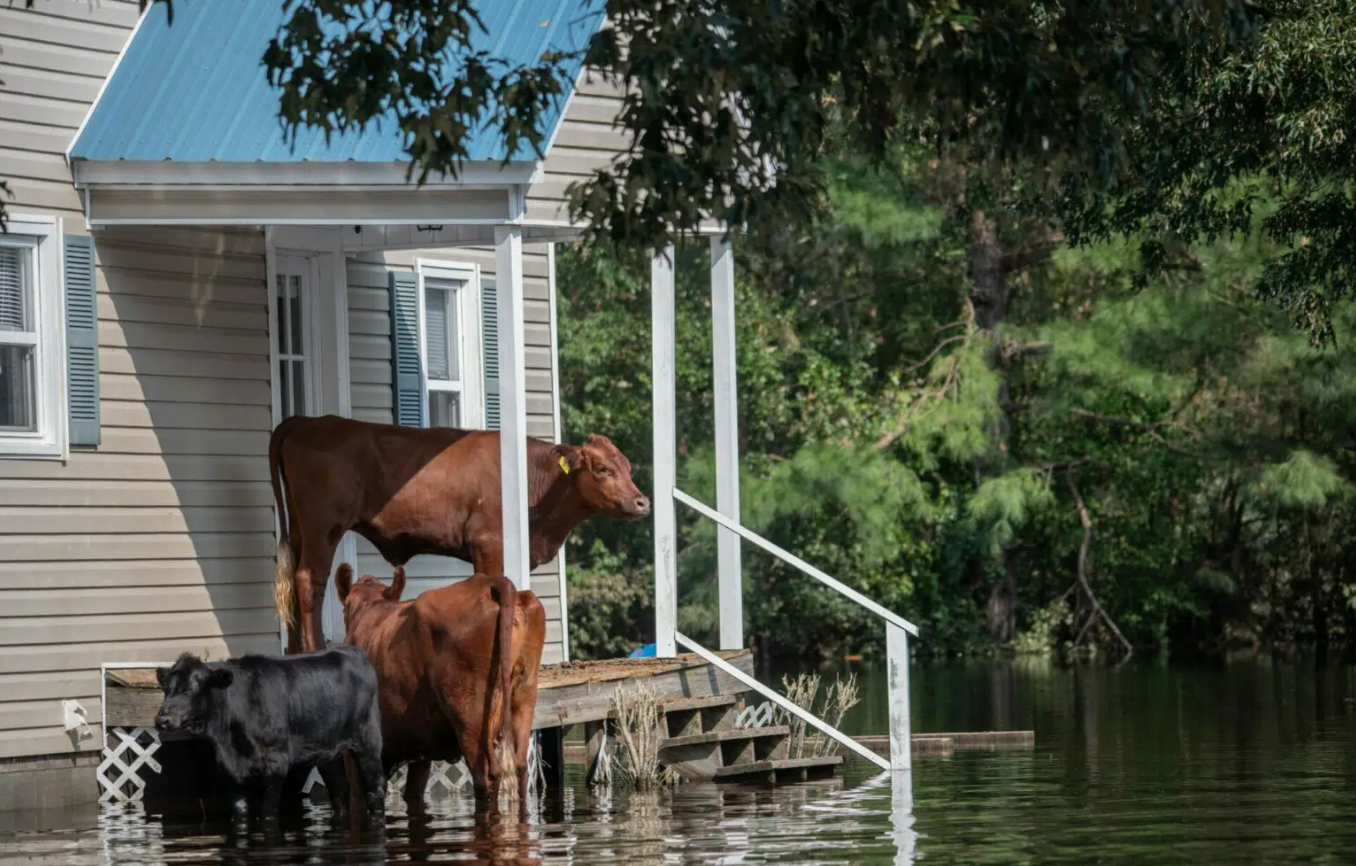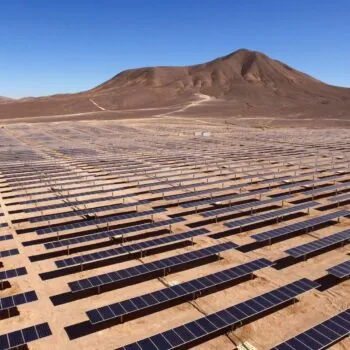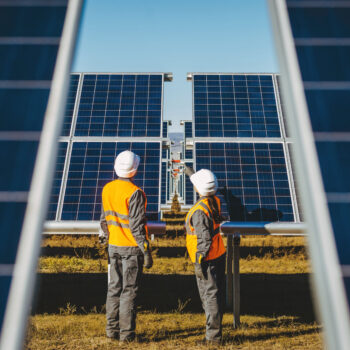No country can claim to be prepared for the most likely warming scenarios outlined in the latest blockbuster international scientific assessment of the impacts of climate change. But it is the least-developed countries and small island states on the front line of the crisis. For them, climate change is a one-two punch. Not only do these countries have less money and administrative capacity to cope, but their very vulnerability to climate change increases the costs for them to access global financial markets for funding.
From 2008 to 2018, 20 of the most climate-vulnerable developing countries paid $40 billion to $62 billion more in interest payments on sovereign debt due to the risk of droughts, floods, and hurricanes. They continue to suffer each time a new disaster hits, and they lack the resources to build back better.
Developed countries have a moral imperative to support them. But it is also in the developed world’s self-interest to do so.
Taylor Dimsdale, Program Director for Risk and Resilience at E3G, writes about the unavoidable impacts of climate change and the benefits of effective action for major economies in the Bulletin of the Atomic Scientists. Read the article in full here.


